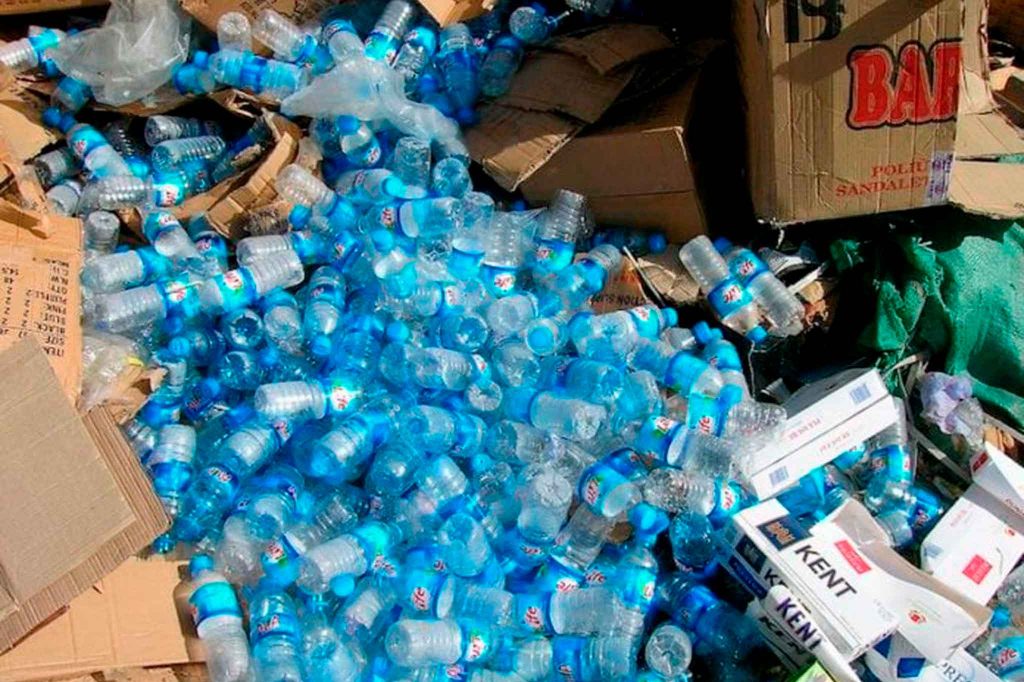Plastic pollution in oceans increased since the beginning of the pandemic
Annually, around 8 million metric tons of plastic waste are poured into the ocean, which is the same to a truck full of garbage every minute, according to United Nations. This represents reductions in the quality of life of marine animals and their ecosystems. If we keep this lifestyle, by 2050 will be more plastic than fish in the ocean.
All of this was before COVID-19. At the beginning of the pandemic, in March of this year, hundreds of articles around the world remarked on the “reappearance” of wildlife, which gave us a sense of “recovery” of nature and wildlife, clean air, oceans and lakes. Humanity hoped that something positive could be obtained from the restrictions imposed in most countries around the world.
Nevertheless, it wasn´t as we thought. The United in Science 2020 report, organized by the World Meteorological Organization (WMO), confirmed that in spite of COVID-19, greenhouse gas emissions have tripled this year. “The concentrations of greenhouse gases, whose actual levels are the highest in 3 million years, have not stopped increasing. And now, the period from 2016 to 2020 will be the hotter five-year span ever recorded. The report evidences that, although many aspects of our life has change in 2020, climate change moves forward relentlessly,” said the General Secretary of OMM, Petteri Taalas.
Biggest impact on oceans

Plastic waste is a big problem for the modern world. Google
COVID-19 triggered the use of medical supplies worldwide. An estimated 129 billion masks are used monthly, and about 29 billion gloves. These materials, upon reaching the rivers and seas, in addition to being polluting, become a serious threat to marine life (turtles mistake them for jellyfish).
The problem is not only that. The confinement rules applied in the vast majority of countries helped to increase home delivery business. Food, supermarket, clothing and accessories, a whole new and growing industry that, because of bio-sanitary standards, makes use of more plastics to package the products they offer. Of all this new plastic that is used, only 10% globally is recycled.
Considering, this massive use of plastic, the World Wildlife Foundation (WWF) leads a campaign called ReSource: Plastic, motivating the multinational companies to make their plastics footprint public.
Seems to be a first step to drive into a new world culture of plastic waste. However, the participation of everybody is necessary, since in many cases, consumption far exceeds efforts to manage solid waste.
